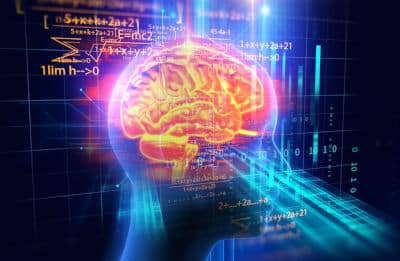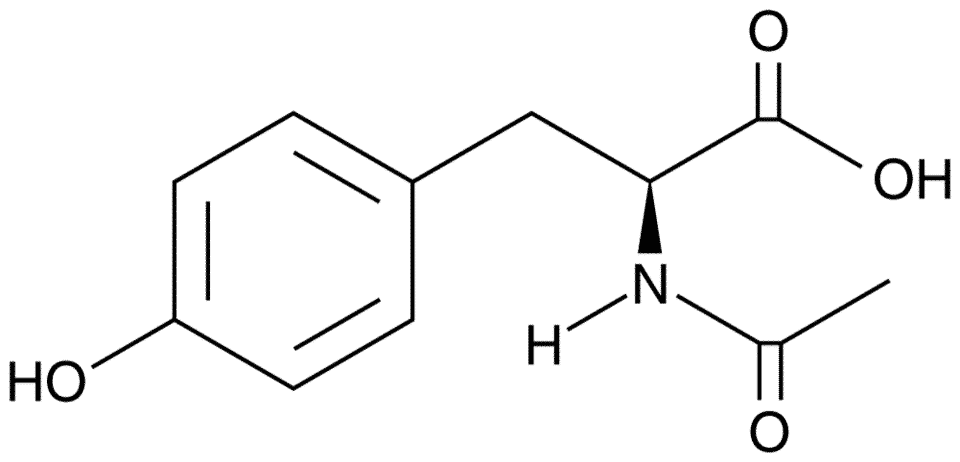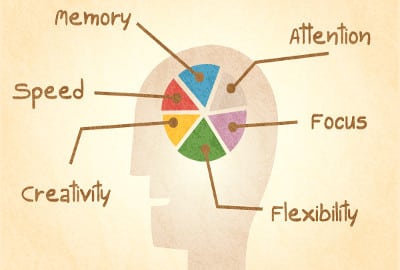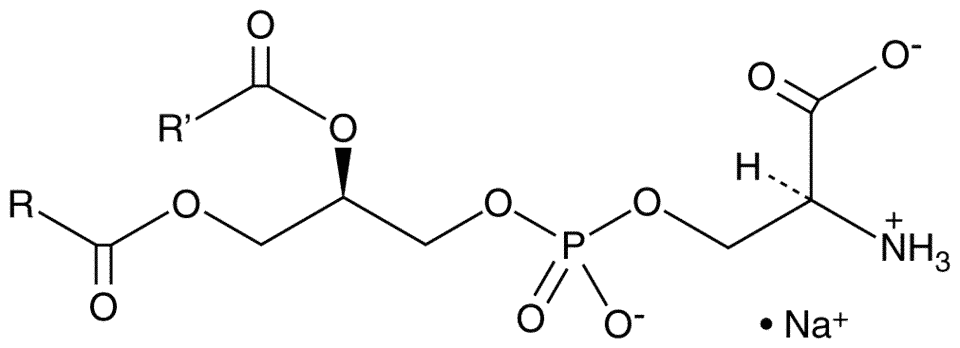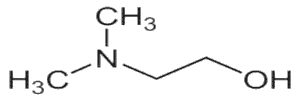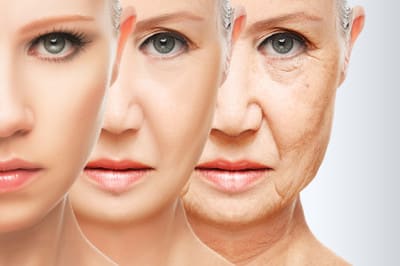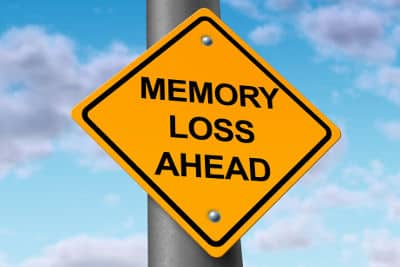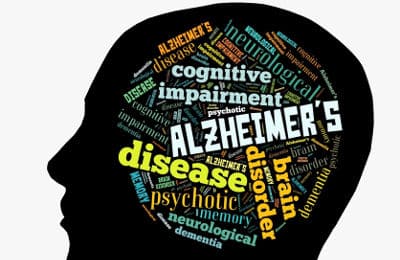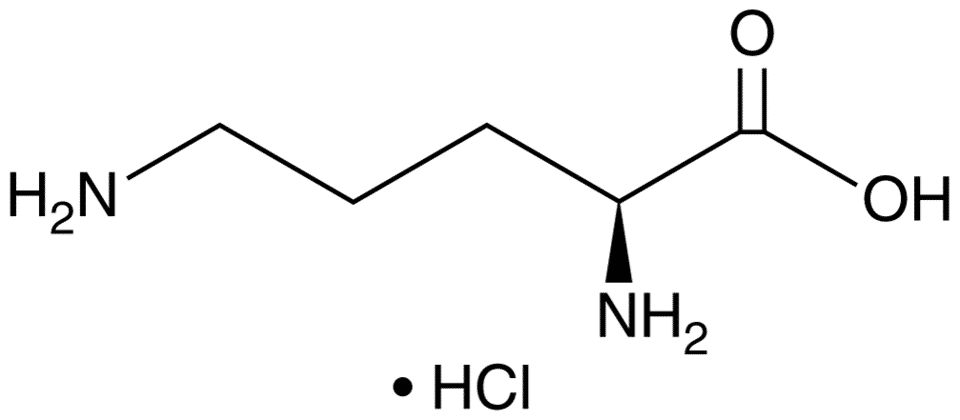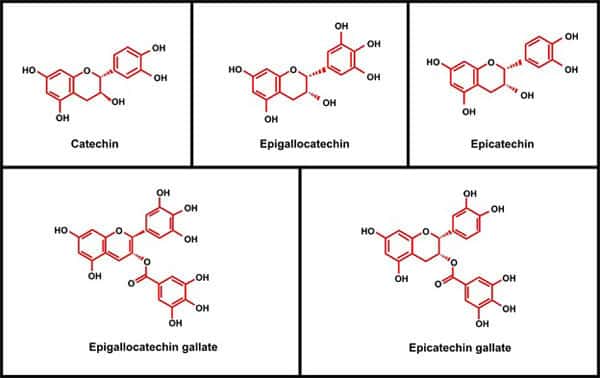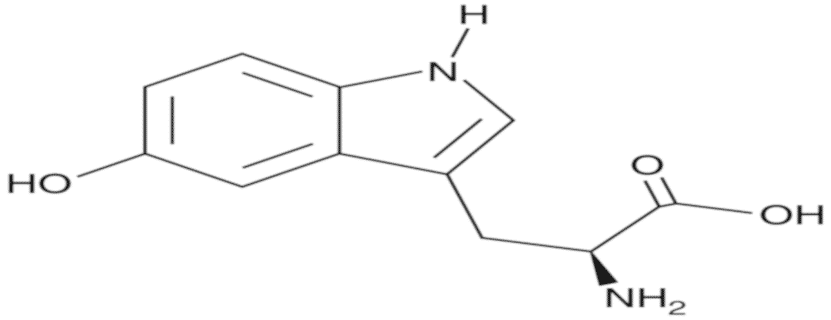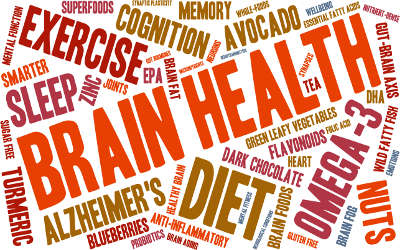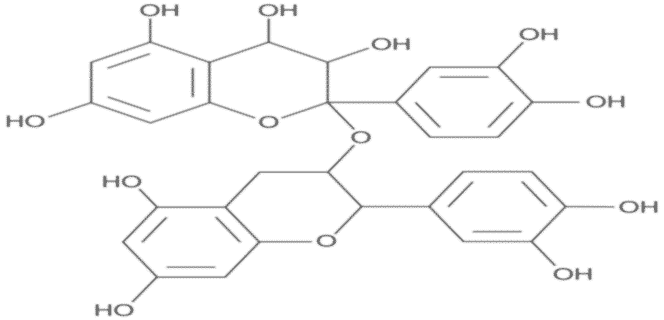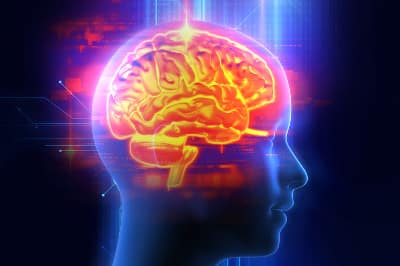REFERENCES
[1] Deijen JB, et al. Tyrosine improves cognitive performance and reduces blood pressure in cadets after one week of a combat training course. Brain Res Bull. (1999)
[2] Neri DF, et al. The effects of tyrosine on cognitive performance during extended wakefulness. Aviat Space Environ Med. (1995)
[3] Benton D, Donohoe RT, Sillance B, Nabb S: The Influence of Phosphatidylserine Supplementation on Mood and Heart Rate when Faced with an Acute Stressor. Nutr Neurosci. 2001, 4 (3): 169-178.
[4] Parker AG, et al. The effects of IQPLUS Focus on cognitive function, mood and endocrine response before and following acute exercise. J Int Soc Sports Nutr. (2011)
[5] Louis-Sylvestre J: Phosphatidylserine and memory problems in aged subjects. Cah Nutr Diet. 1999, 34 (6): 349-357.
[6] Crook TH, Tinklenberg J, Yesavage J, Petrie W, Nunzi MG, Massari DC: Effects of Phosphatidylserine in age-associated memory impairment. Neurol. 1991, 41: 644-649
[7] Kingsley MI, et al. Effects of phosphatidylserine on exercise capacity during cycling in active males. Med Sci Sports Exerc. (2006)
[8] Perry E, et al. Acetylcholine in mind: a neurotransmitter correlate of consciousness?. Trends Neurosci. (1999)
[9] Nagy I, Nagy K. On the role of cross-linking of cellular proteins in aging. Mech Ageing Dev. (1980)
[10] Nagy I, Nagy K. Electron spin resonance spectroscopic demonstration of the hydroxyl free radical scavenger properties of dimethylaminoethanol in spin trapping experiments confirming the molecular basis for the biological effects of centrophenoxine. Arch Gerontol Geriatr. (1984)
[11] Ziegenfuss, Tim et al Alpha-GPC and power output; growth hormone. Journal of the International Society of Sport Nutrition. 17 September 2008 5(Suppl 1):P15
[12] Kawamura T, et al Glycerophosphocholine enhances growth hormone secretion and fat oxidation in young adults. Nutrition. (2012)
[13] Barbagallo Sangiorgi G, et al Alpha-Glycerophosphocholine in the mental recovery of cerebral ischemic attacks. An Italian multicenter clinical trial. Ann N Y Acad Sci. (1994)
[14] Parnetti L, Amenta F, Gallai V Choline alphoscerate in cognitive decline and in acute cerebrovascular disease: an analysis of published clinical data. Mech Ageing Dev. (2001)
[15] De Jesus Moreno Moreno M Cognitive improvement in mild to moderate Alzheimer’s dementia after treatment with the acetylcholine precursor choline alfoscerate: a multicenter, double-blind, randomized, placebo-controlled trial. Clin Ther. (2003)
[16] Ceda GP, et al. alpha-Glycerylphosphorylcholine administration increases the GH responses to GHRH of young and elderly subjects. Horm Metab Res. (1992)
[17] Saleem S, et al. Ginkgo biloba extract neuroprotective action is dependent on heme oxygenase 1 in ischemic reperfusion brain injury. Stroke. (2008)
[18] Zhuang H, et al. Induction of heme oxygenase 1 by Ginkgo biloba in neuronal cultures and potential implications in ischemia. Cell Mol Biol (Noisy-le-grand). (2002)
[19] Herrschaft H, et al. Ginkgo biloba extract EGb 761® in dementia with neuropsychiatric features: a randomised, placebo-controlled trial to confirm the efficacy and safety of a daily dose of 240 mg. J Psychiatr Res. (2012)
[20] Le Bars PL, Kieser M, Itil KZ A 26-week analysis of a double-blind, placebo-controlled trial of the ginkgo biloba extract EGb 761 in dementia. Dement Geriatr Cogn Disord. (2000)
[21] Moraga FA, et al. Ginkgo biloba decreases acute mountain sickness in people ascending to high altitude at Ollagüe (3696 m) in northern Chile. Wilderness Environ Med. (2007)
[22] Sugino T, et al. L-ornithine supplementation attenuates physical fatigue in healthy volunteers by modulating lipid and amino acid metabolism. Nutr Res. (2008)
[23] Scholey A, et al. Acute neurocognitive effects of epigallocatechin gallate (EGCG). Appetite. (2012)
[24] Ras RT, Zock PL, Draijer R Tea consumption enhances endothelial-dependent vasodilation; a meta-analysis. PLoS One. (2011)
[25] Suganuma M, et al. Wide distribution of {3H}(-)-epigallocatechin gallate, a cancer preventive tea polyphenol, in mouse tissue. Carcinogenesis. (1998)
[26] Murase T, et al. Green tea extract improves endurance capacity and increases muscle lipid oxidation in mice. Am J Physiol Regul Integr Comp Physiol. (2005)
[27] Shixian Q, et al. Green tea extract thermogenesis-induced weight loss by epigallocatechin gallate inhibition of catechol-O-methyltransferase. J Med Food. (2006)
[28] Diepvens K, Westerterp KR, Westerterp-Plantenga MS Obesity and thermogenesis related to the consumption of caffeine, ephedrine, capsaicin, and green tea. Am J Physiol Regul Integr Comp Physiol. (2007)
[29] Dulloo AG, et al. Green tea and thermogenesis: interactions between catechin-polyphenols, caffeine and sympathetic activity. Int J Obes Relat Metab Disord. (2000)
[30] Kelly SP, et al. Increases in alpha oscillatory power reflect an active retinotopic mechanism for distracter suppression during sustained visuospatial attention. J Neurophysiol. (2006)
[31] Klimesch W, et al. Induced alpha band power changes in the human EEG and attention. Neurosci Lett. (1998)
[32] Sandi C. Glucocorticoids act on glutamatergic pathways to affect memory processes. Trends Neurosci. (2011)
[33] Garcia R. Stress, hippocampal plasticity, and spatial learning. Synapse. (2001)
[34] Tamano H, et al. Preventive effect of theanine intake on stress-induced impairments of hippocamapal long-term potentiation and recognition memory. Brain Res Bull. (2013)
[35] Başkan MH, Aydın M. Electron paramagnetic resonance studies of gamma-irradiated dl-alanine ethyl ester hydrochloride, l-theanine and l-glutamic acid dimethyl ester hydrochloride. Spectrochim Acta A Mol Biomol Spectrosc. (2013)
[36] Yokogoshi H, et al. Effect of theanine, r-glutamylethylamide, on brain monoamines and striatal dopamine release in conscious rats. Neurochem Res. (1988)
[37] Christensen HN. Developments in amino acid transport, illustrated for the blood-brain barrier. Biochem Pharmacol. (1979)
[38] Owen GN, et al. The combined effects of L-theanine and caffeine on cognitive performance and mood. Nutr Neurosci. (2008)
[39] Giesbrecht, et al. The combination of L-theanine and caffeine improves cognitive performance and increases subjective alertness. Nutr Neurosci. (2010)
[40] Foxe JJ, et al. Assessing the effects of caffeine and theanine on the maintenance of vigilance during a sustained attention task. Neuropharmacology. (2012)
[41] Haskell CF, et al. The effects of L-theanine, caffeine and their combination on cognition and mood. Biol Psychol. (2008)
[42] Birdsall TC. 5-Hydroxytryptophan: a clinically-effective serotonin precursor. Altern Med Rev. (1998)
[43] Ceci F, et al. The effects of oral 5-hydroxytryptophan administration on feeding behavior in obese adult female subjects. J Neural Transm. (1989)
[44] Rondanelli M, et al. Relationship between the absorption of 5-hydroxytryptophan from an integrated diet, by means of Griffonia simplicifolia extract, and the effect on satiety in overweight females after oral spray administration. Eat Weight Disord. (2012)
[45] Shell W, et al. A randomized, placebo-controlled trial of an amino acid preparation on timing and quality of sleep. Am J Ther. (2010)
[46] Ono K, et al. Effects of grape seed-derived polyphenols on amyloid beta-protein self-assembly and cytotoxicity. J Biol Chem. (2008)
[47] Kim Y, et al. Antioxidant and cytoprotective effects of oligomeric and polymeric procyanidin fractions from defatted grape seed in PC12 cells. J Med Food. (2012)
[48] Wang J, et al. Grape-derived polyphenolics prevent Abeta oligomerization and attenuate cognitive deterioration in a mouse model of Alzheimer’s disease. J Neurosci. (2008)
[49] Solanki I, et al. Flavonoid-Based Therapies in the Early Management of Neurodegenerative Diseases. Front Pharmacol. (2017)
[50] Calapai G, et al. A Randomized, Double-Blinded, Clinical Trial on Effects of a Vitis vinifera Extract on Cognitive Function in Healthy Older Adults. Adv Nutr. (2015)
[51] Bagchi D, et al. Free radical scavenging, antioxidant and cancer chemoprevention by grape seed proanthocyanidin: an overview. Mutation Research. (2014)
[52] Yang N, et al. Grape seed proanthocyanidins inhibit the proliferation, migration and invasion of tongue squamous cell carcinoma cells through suppressing the protein kinase B/nuclear factor-κB signaling pathway. Int J Mol Med. (2017)
[53] Derry M, et al. Differential Effects of Grape Seed Extract against Human Colorectal Cancer Cell Lines: The Intricate Role of Death Receptors and Mitochondria. Cancer Lett. (2013)
[54] Prasad R, et al. Grape seed proanthocyanidins inhibit migration potential of pancreatic cancer cells by promoting mesenchymal-to-epithelial transition and targeting NF-κB. Cancer Lett. (2013)
[55] Hamza A, et al. Molecular characterization of the grape seeds extract’s effect against chemically induced liver cancer: In vivo and in vitro analyses. Sci Rep. (2018)
[56] Nuttal S, et al. An evaluation of the antioxidant activity of a standardized grape seed extract. Clinical Trial. (1998)
[57] Facino R, et al. Sparing effect of procyanidins from Vitis vinifera on vitamin E: in vitro studies. Planta Med. (1998)
[58] Fujishita K, et al. Grape seed extract acting on astrocytes reveals neuronal protection against oxidative stress via interleukin-6-mediated mechanisms. Cell Mol Neurobiol (2009)
[59] Luzzi R, et al. Pycnogenol® supplementation improves cognitive function, attention and mental performance in students. Panminerva Med. (2011)
[60] Trebatická J, et al. Treatment of ADHD with French maritime pine bark extract, Pycnogenols. Eur Child Adolesc Psychiatry. (2006)
[61] Zibadi S, et al. Reduction of cardiovascular risk factors in subjects with type 2 diabetes by Pycnogenol supplementation. Nutr Res. (2008)
[62] Rohdewald P. Pleiotropic Effects of French Maritime Pine Bark Extract to Promote Healthy Aging. Rejuvenation Res. (2017)
[63] Ono K, et al. Pine Bark Polyphenolic Extract Attenuates Amyloid-β and Tau Misfolding in a Model System of Alzheimer’s Disease Neuropathology. J Alzheimers Dis. (2020)
[64] Anheyer D, et al. Herbal medicines in children with attention deficit hyperactivity disorder (ADHD): A systematic review. Complement Ther Med. (2017)
[65] Belcaro G, et al. The COFU3 Study. Improvement in cognitive function, attention, mental performance with Pycnogenol® in healthy subjects (55-70) with high oxidative stress. J Neurosurg Sci. (2015)
[66] Belcaro G, et al. Pycnogenol® improves cognitive function, attention, mental performance and specific professional skills in healthy professionals aged 35-55. J Neurosurg Sci. (2014)
[67] Vinciguerra G, et al. Evaluation of the effects of supplementation with Pycnogenol® on fitness in normal subjects with the Army Physical Fitness Test and in performances of athletes in the 100-minute triathlon. Controlled Clinical Trial. (2013)


